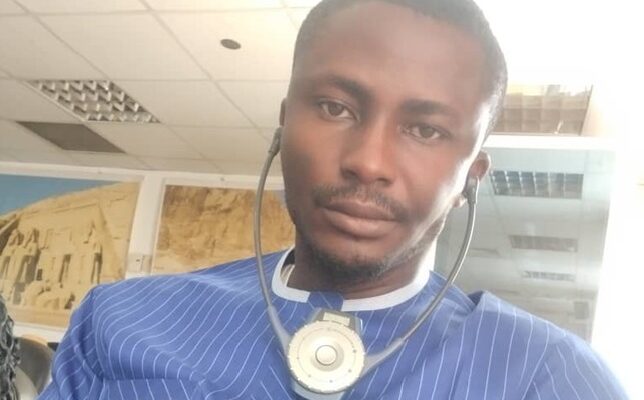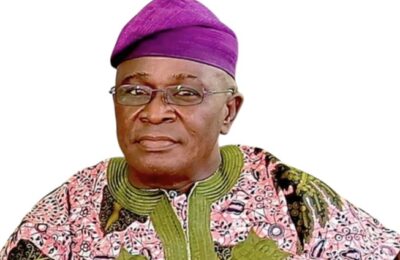By Emmanuel Oluwakorede.
There is no doubt in the fact that the role of computer literacy in promoting teaching and learning among students in the contemporary age cannot be underestimated.
This is because it is one of the tools for checkmating examination misconduct that has over the years been a bane in Nigeria’s education system from basic, secondary to tertiary levels.
It is in record that Examination malpractices such as cheating, impersonation, and leakage of examination questions have become a persistent and widespread problem amongst young people in Nigeria.
In a bid to check the trend and digitise examination in the country, the Federal Government in April this year directed the West African Examinations Council (WAEC) and the National Examinations Council (NECO) to adopt full Computer-Based Testing for all their examinations by next year.
The directive was handed down by the Minister of Education, Doctor Tunji Alausa during the monitoring of this year’s unified tertiary matriculation examination popularly known as JAMB in Abuja.
He further stated that both the WAEC and NECO bodies should start administering their objective papers via CBT, effective this November while the full adoption of the digital process for essay and objective components would commence by May or June 2026.
According to him, If JAMB could successfully conduct CBT exams for more than 2.2 million candidates in twenty-twenty five, WAEC and NECO can do the same, hence the planned adoption of the process.
This development is laudable and a calculated attempt to modernize examination and check examination misconduct usually associated with examination conduct.
Unfortunately, Nigeria the acclaimed giant of Africa is not ready for this method of conducting examination in view of the low level of computer literacy of both students and teachers.
According to a recent report by the World Bank, more than 50 percent of Nigeria’s over 200 million population do not have digital skills and therefore cannot use data services.
It is also on record that Computer is one of the subjects in primary and secondary schools curriculum in the country but most of them do not have computers.
Even those that have computers especially the ones in the rural areas do not have regular power supply and alternative sources of energy is a mirage.
It is also worth mentioning that most Secondary schools in Nigeria both public and private are unfenced and those with computers have either been vandalized or stolen.
Similarly, in actualizing digital conduct of examination, steady access to intternet network is critical as some rural Communities do not have a mobile network.
As laudable as CBT based examination is, the Federal and State Governments must be cautious of the fact that JAMB is different from WAEC, NECO and NABTEB.
Now that this year’s WAEC and NECO for Secondary Schools have been concluded, it is necessary for government and necessary stakeholders to set machinery in place ahead of the launch of the CBT examination next year.
Effort must also be made to improve Computer literacy in Primary and Secondary schools by going beyond theories and embracing practicals.
No doubt that Kogi State is not left out in this preparation as Public and Private Secondary Schools writing national Examination must ensure that they are ready for the task ahead.
The State Government needs to take concrete and decisive action so as not to jeopardize money paid for free WAEC and NECO examinations.
There is need to recruit more Computer Teachers from Primary to Secondary schools, while the schools should be equipped with computers and internet network ahead of the examinations.
Providing Computers and Internet network is not enough but efforts should be made to protect the facilities against vandals and thieves.
In all, the Federal Government should not be in haste to launch the CBT based examination but must put the necessary measures in place for a seamless exercise.
– Emmanuel Oluwakorede is a Lokoja Kogi Based Journalist.




